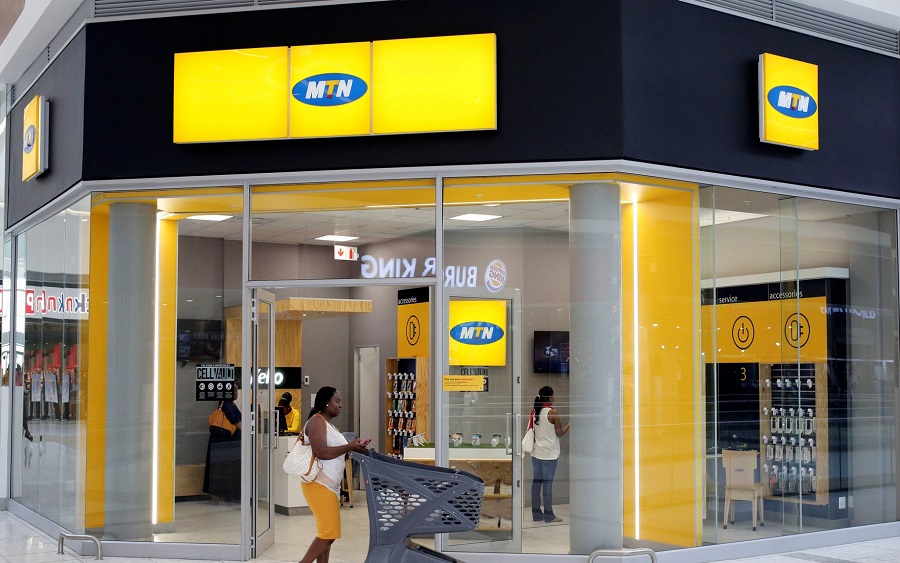MTN Group, South Africa’s telecom giant, is set to partner with five firms to start an open radio access network (OpenRAN) in Africa. The partnership is expected to expand its 4G and 5G services, make them cheaper and faster.
This was disclosed by the company in a statement issued on Wednesday and seen by Nairametrics. The partners are Voyage, India’s Tech Mahindra (TEML.NS) and U.S.-based firms Altiostar, Mavenir and Parallel Wireless.
OpenRAN allows for the disaggregation of hardware and software elements of a network, enabling telcos to build a network using components with the same specifications and scale from a diverse base of vendors.
READ: MTN increases staff salaries by 17%
Benefits of OpenRAN
- The many benefits of OpenRAN include diversifying the vendor landscape, disrupting the cost flow, and removing dependencies on proprietary suppliers.
- It also promises cost savings and flexibility as it allows operators to use generic hardware and open interfaces.
- It enables a so-called ‘Lego architecture’ where many different vendors supply the components and software products that together make the end-to-end radio network work.
- By modernising the network, it reduces telco’s power consumption and emissions in support of Project Zero.
Chief Technology and Information Officer, MTN Group, Charles Molapisi stated,
READ: MTN appoints Ralph Mupita as new Group CEO
“We plan to modernise our radio access networks using OpenRAN. This is in line with one of five vital enablers of our strategy: to build technology platforms that are second to none, thereby allowing for the rapid expansion of 4G and 5G population coverage across our markets.
“With up-to-date technology, we can expect a reduction in our power consumption and associated carbon emissions. This, in turn, supports our plans to decarbonise our network and achieve net-zero emissions by 2040, our Project Zero.”
He added that the Group is alive to the potential of open interfaces and that there is a lot of value that dominant players bring to the business, “but telecommunications today is as much about the stability of the network as it is about new services. Customers measure us against the speed with which we can deploy the latest technology and we are committed to finding faster and better ways to do that.”
READ: What the Shell emission reduction decision means for Big Oil
What you should know
- MTN first rolled out open-source technology in 2019 to improve rural coverage, which was in line with its belief that everyone deserves the benefits of modern connected life.
- To date, it has deployed over 1100 commercial sites in more than 11 countries and were among the pioneers of open-source adoption, facilitating cost-effective deployment in unconnected areas.
